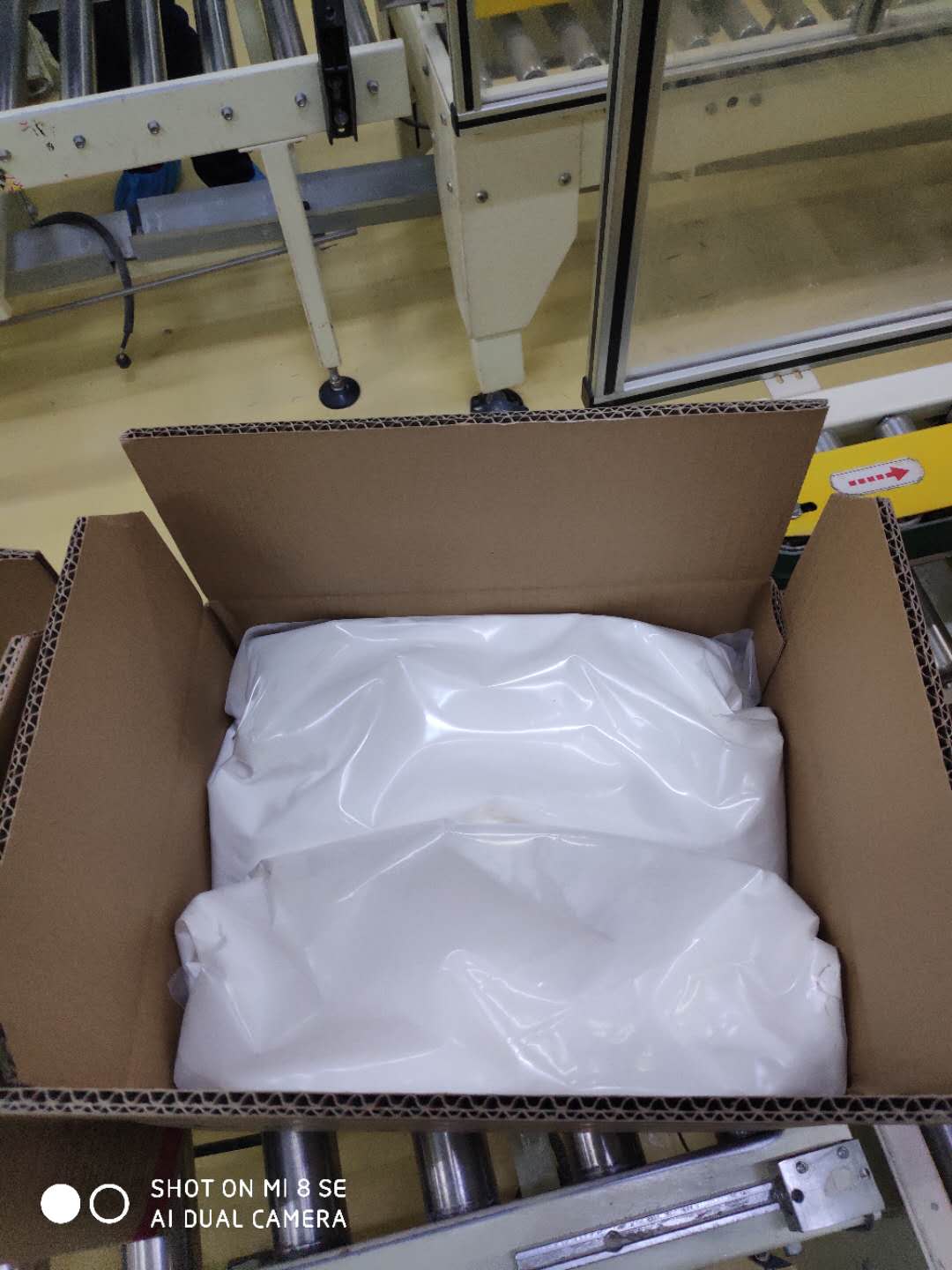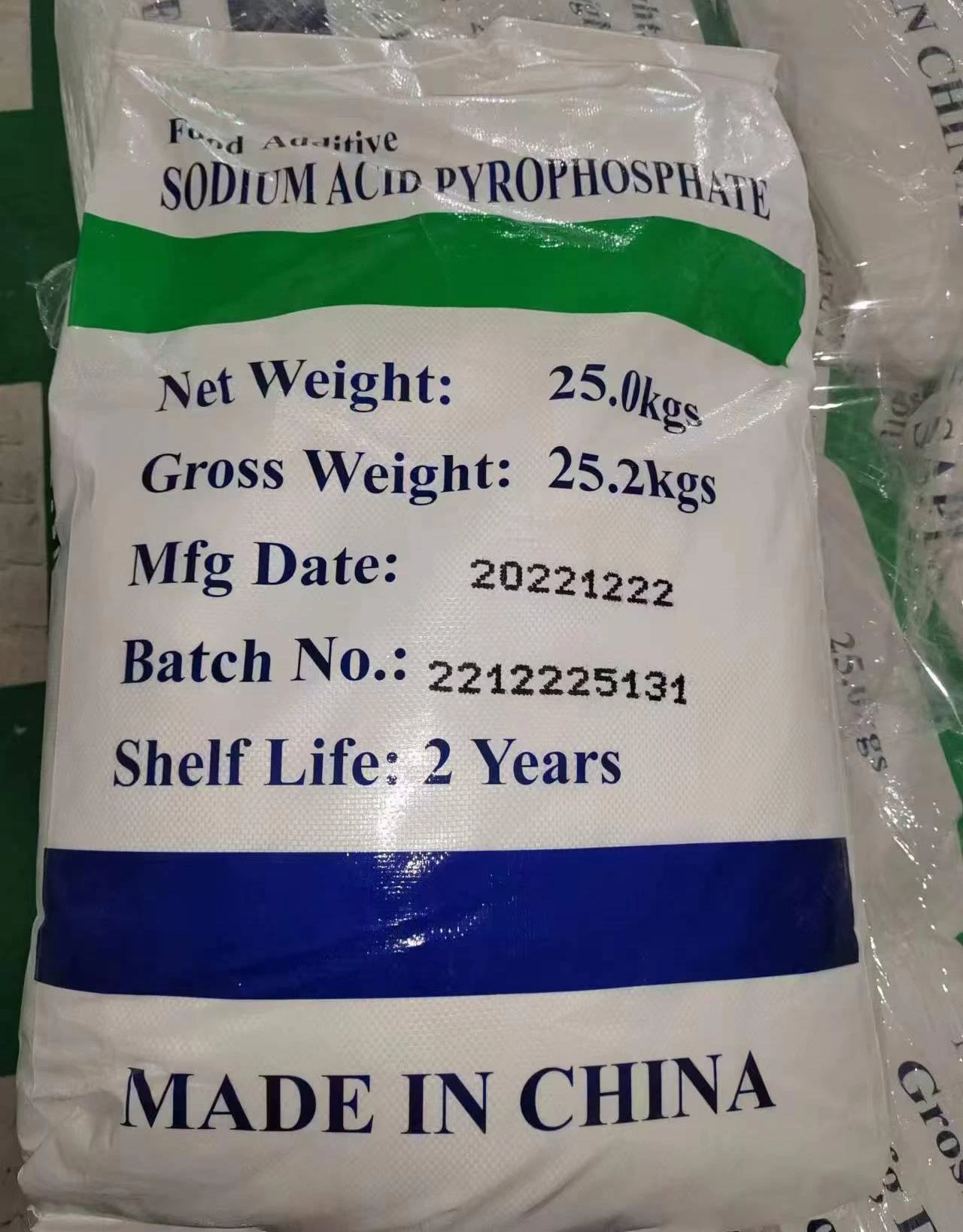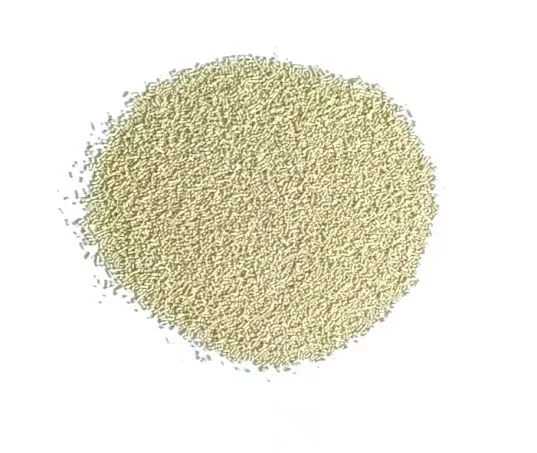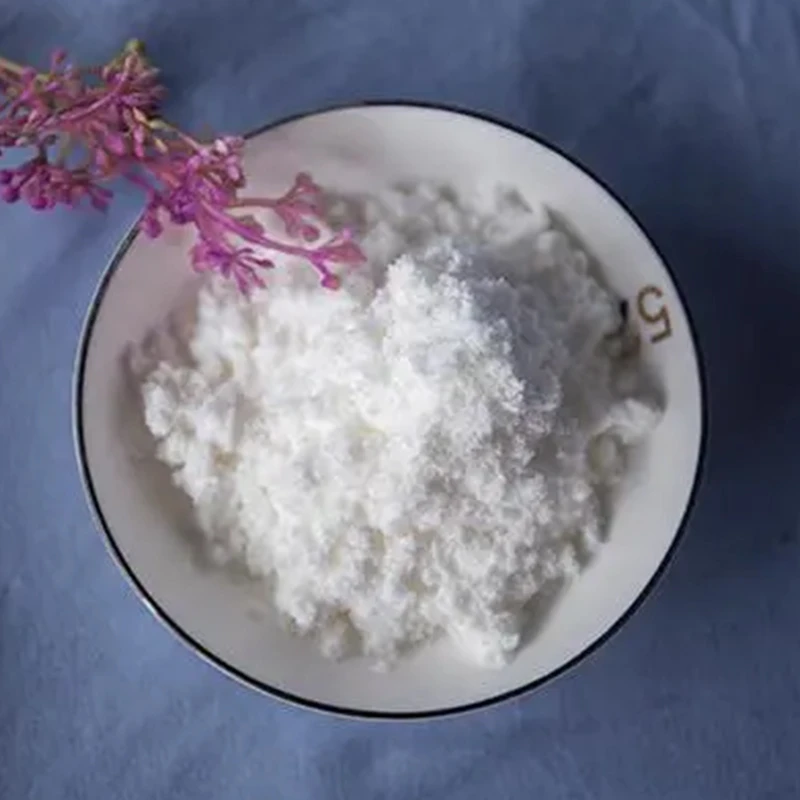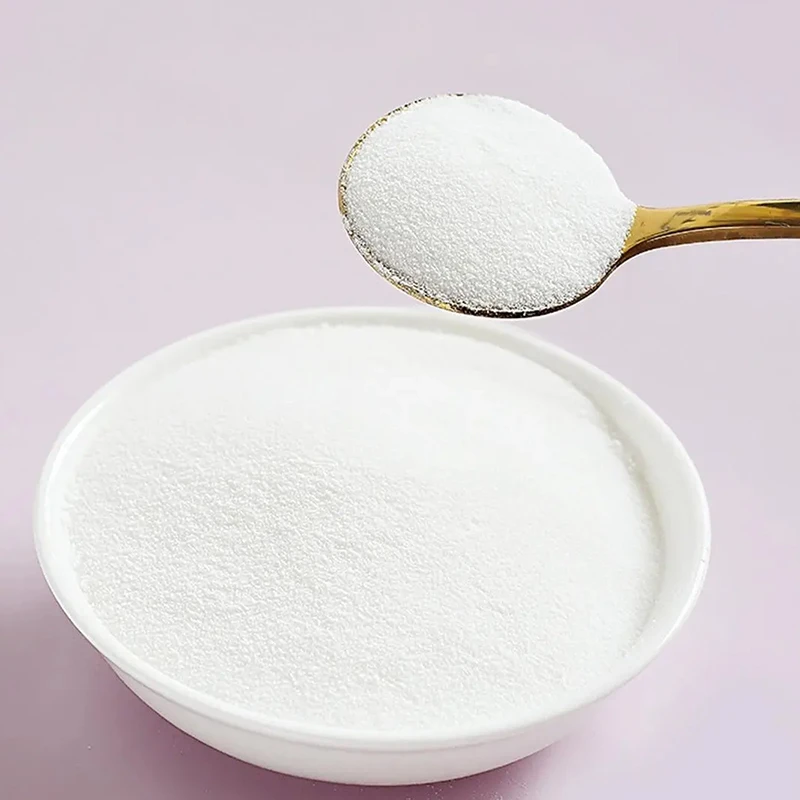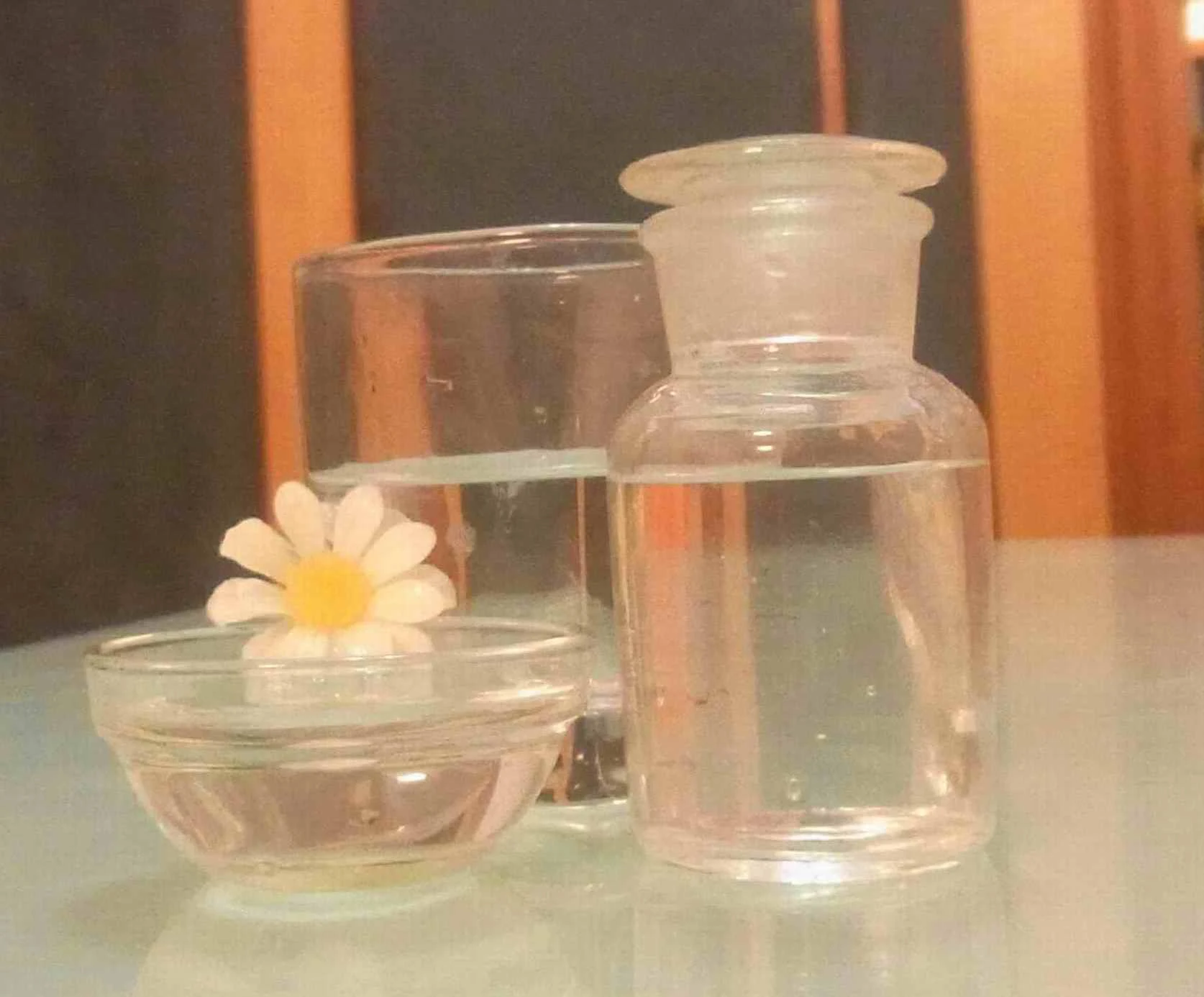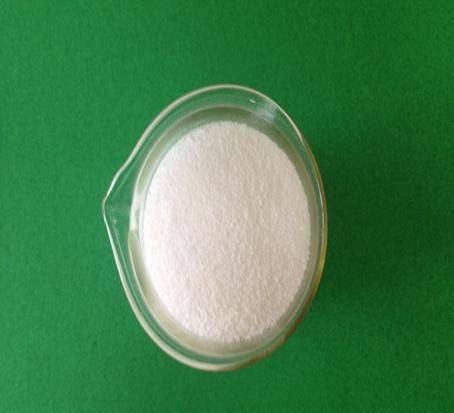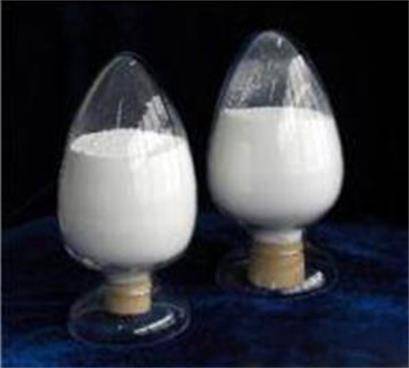Have you ever wondered why your product's performance lags? You’re not alone. Over 60% of food and pharma companies report stability issues traced back to ingredient quality. Enter Citric Acid Hydrate—a game changer trusted worldwide.
Curious about what makes citric acid hydrate
stand out? Let’s break down the science, the benefits, and real-world wins. Are you ready to transform your next project?

(citric acid hydrate)
The Science & Technical Advantages of Citric Acid Hydrate
The core difference? Hydration. Citric Acid Hydrate contains water molecules, making it more stable and slightly less acidic compared to its anhydrous counterpart. This subtle change unlocks a world of benefits:
- Improved solubility in liquids
- Enhanced shelf stability for sensitive formulations
- Gentler impact on product pH—ideal for nuanced recipes
- Reduced static and clumping during mixing and storage
| Property | Citric Acid Hydrate | Anhydrous Citric Acid |
|---|---|---|
| Water Content | ~8.8% | 0% |
| Solubility (20°C) | 148g/100ml | 145g/100ml |
| pH (1% Solution) | 2.2 | 2.0 |
| Flowability | Excellent | Good |
| Common Uses | Beverages, pharma, cosmetics | Dry mixes, tablets |
Confused about anhydrous citric acid vs citric acid hydrate? Anhydrous forms are water-free and slightly more aggressive. Hydrate forms are better for precision. Choose smart—your product quality depends on it.
How Top Manufacturers Stack Up
Not all citric acid hydrate is created equal. The world's leading suppliers—Gadot, TTCA, and LemonStar—go the extra mile in purity and traceability.
- Gadot: Premium EU-grade, stringent QC, eco-friendly
- TTCA: Large capacity, consistent supply, competitive price
- LemonStar: Tailored food & pharma grades, rapid delivery
When evaluating citric acid anhydrous vs citric acid hydrate, leading brands often recommend hydrate for delicate formulations, thanks to lower reactivity and easier handling. Your production efficiency starts with a trusted source.
Custom Solutions for Industry-specific Needs
Your industry is unique. Why settle for generic ingredients? Our citric acid hydrate solutions are fully customizable to your requirements.
- Custom particle sizing for perfect texture
- Tailored bulk packaging to minimize waste
- Microbial and allergen-free assurance
Whether you’re in foods, beverages, personal care, or pharma—we help you achieve top-tier quality. Need a blend for sparkling drinks? Or a gentle agent for personal care lotions? We’re ready to deliver.
Application Scenarios: Citric Acid Hydrate in Action
Let’s see real-world use cases:
- Beverages: Ensures uniform tartness and long shelf life in sodas and juices.
- Pharmaceuticals: Acts as a gentle buffer in effervescents and syrups, improving patient experience.
- Cosmetics: Provides controlled acidity in creams, ensuring skin safety.
- Industrial Cleaners: Offers mild yet effective chelating for metal and glass surfaces.
According to industry data, switching to hydrate form reduces caking by 40% and increases production speed by 25% for many manufacturers. Imagine what it can do for you.
Your Next Step: Quality Citric Acid Hydrate Starts Here
Why take chances with your raw materials? Choose precision, purity, and performance you can count on. As a leading manufacturer and supplier, we deliver consistent, fully compliant citric acid hydrate—ready to power your success.
Contact us today for samples, quotes, or tailored solutions. Our expert team will guide your choice, answer technical questions, and help you outperform competitors. Don’t wait—enhance your product with the gold standard in citric acid hydrate. Build reliability from the ground up!

(citric acid hydrate)
FAQS on citric acid hydrate
Q: What is citric acid hydrate?
A: Citric acid hydrate is citric acid that contains water molecules within its crystal structure. This form is also called monohydrate citric acid. It is commonly used in food and pharmaceutical industries.
Q: How does citric acid hydrate differ from anhydrous citric acid?
A: Citric acid hydrate contains water, while anhydrous citric acid does not. This difference can affect the weight and solubility in formulations. They are otherwise chemically similar in their functions.
Q: Can anhydrous citric acid be used in place of citric acid hydrate?
A: Yes, with adjustment for the water content difference in dosage. The main consideration is accurate measurement due to varying weights. Both forms provide similar acidity when used correctly.
Q: Which is better for food applications: citric acid hydrate or anhydrous citric acid?
A: Both forms are widely used in food processing. The choice often depends on specific recipe, storage, and handling requirements. Anhydrous form may be preferred for products needing moisture control.
Q: Are citric acid, citric acid hydrate, and anhydrous citric acid the same?
A: They all refer to citric acid but differ in water content. "Citric acid" is the general term, while "hydrate" and "anhydrous" specify physical forms. Their acidity and uses remain essentially the same.
Post time: Jul - 04 - 2025





